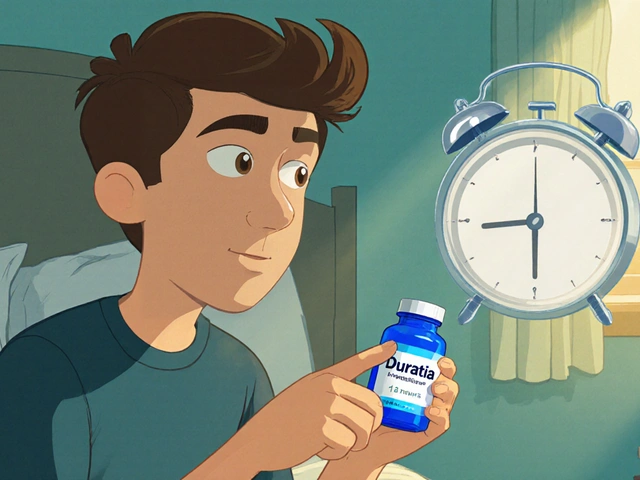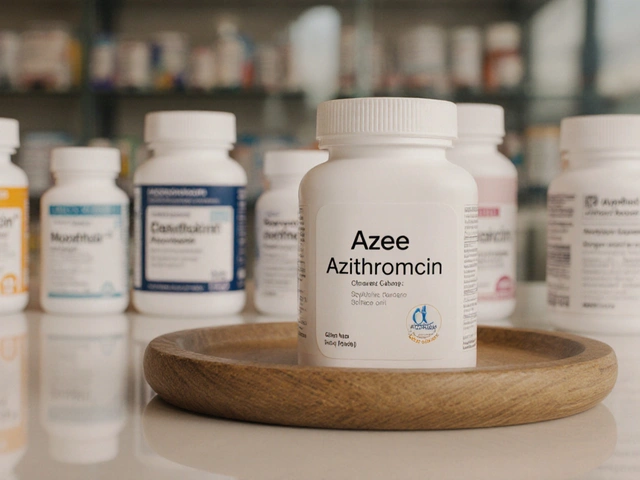Duchenne Support Groups: Why They Matter and How to Join
If you or someone you love is living with Duchenne muscular dystrophy (DMD), a support group can feel like a lifeline. These groups bring together patients, parents, and caregivers who understand the daily challenges, from managing medication schedules to coping with school accommodations.
Joining a group isn’t just about sharing stories; it’s a way to learn practical strategies, get emotional relief, and stay informed about the latest research. Below you’ll find straightforward steps to locate the right community for your needs.
Finding the Right Group for You
Local hospitals and clinics. Many pediatric neurology centers host monthly meet‑ups. Call the hospital’s patient services desk and ask about DMD support sessions.
State and regional chapters. Organizations like the Muscular Dystrophy Association (MDA) maintain state‑wide networks. Visit the MDA website, select Michigan, and filter by “Duchenne.” You’ll get a list of in‑person meetings and virtual webinars.
Online platforms. Facebook, Reddit, and dedicated forums such as Duchenne Connect host active discussion boards. Search for groups titled “Duchenne Support” or “DMD Parents.” Look for groups with clear moderation and regular activity.
Tips for Getting the Most Out of a Support Group
Come prepared. Write down questions before each meeting—whether you need advice on school IEPs, medication side effects, or adaptive sports options. Having a list keeps the conversation focused.
Share your experience. It can feel scary, but personal stories often spark helpful tips from others who faced the same hurdle. Even a short update can give someone else a new perspective.
Take notes. Many groups circulate handouts or links to resources. Jot down web addresses, phone numbers, and contact names so you can follow up later.
Connect beyond meetings. Exchange contact info with a few members you click with. A quick text or email can turn a one‑time meeting into a lasting friendship.
Remember, there’s no one‑size‑fits‑all group. Some families prefer a quiet, small gathering, while others thrive in larger, bustling events. Try a few formats and see which vibe feels supportive for you.
Lastly, keep an eye on research updates. Many support groups partner with local universities or biotech firms to host talks on emerging therapies. Attending these sessions can give you a head‑start on clinical trial opportunities.
Whether you join a local meetup in Michigan or an online community that spans the country, the right Duchenne support group can make the journey a little easier and a lot less lonely.
How Support Groups Help Duchenne Muscular Dystrophy Families
By Joe Barnett On 22 Sep, 2025 Comments (10)

Explore how support groups empower families battling Duchenne Muscular Dystrophy with emotional, practical, and advocacy benefits.
View More



